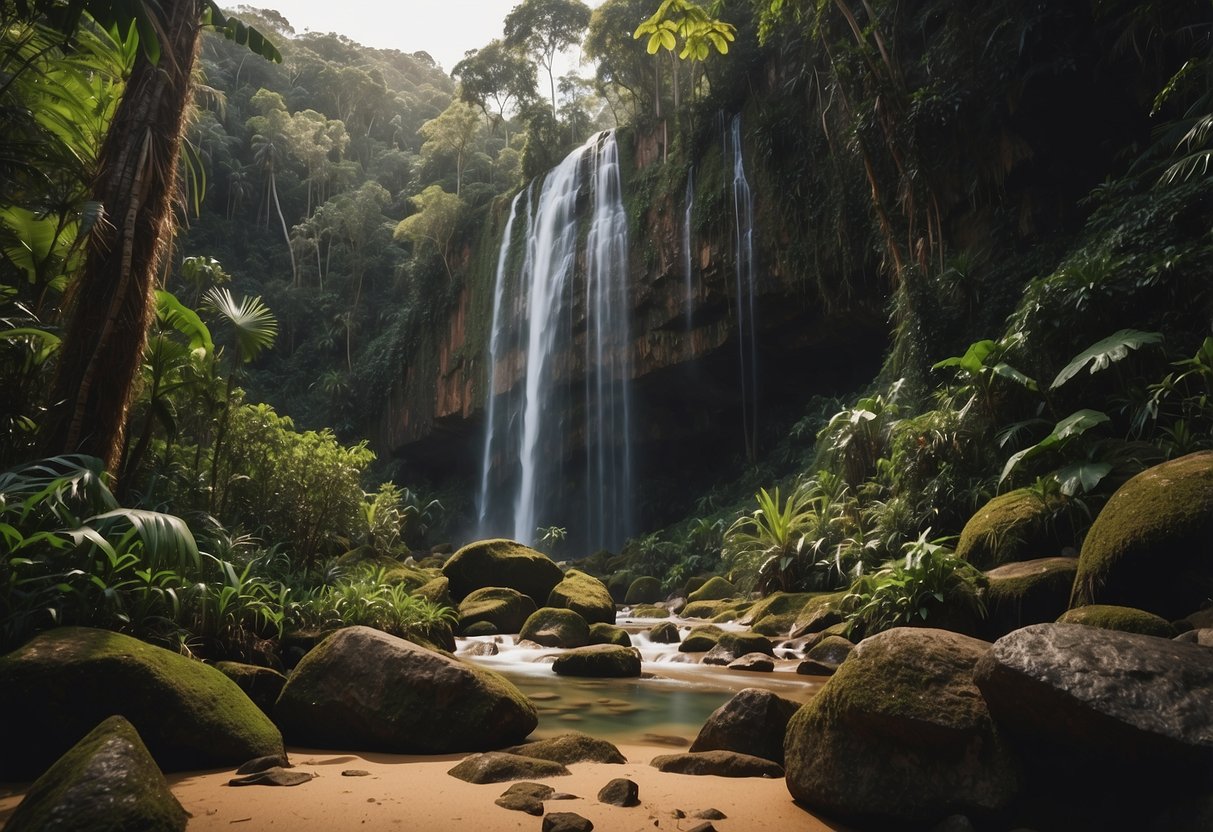
Madagascar, often overlooked by many travelers, is an adventurous destination teeming with unique wildlife and breathtaking landscapes. The island’s diverse ecosystems offer a mix of rainforests, deserts, and stunning coastlines that provide endless opportunities for exploration. Travelers seeking an off-the-beaten-path experience will find Madagascar an unparalleled gem.
Among the many highlights of Madagascar are its national parks, which serve as sanctuaries for species found nowhere else on Earth. With a Madagascar travel guide in hand, visitors can discover hidden wonders such as the Avenue of the Baobabs and the remarkable Tsingy de Bemaraha. These natural wonders present a vivid picture of the island’s unparalleled biodiversity and geological features.
Connecting with the local culture is another rewarding aspect of visiting Madagascar. From vibrant markets to traditional villages, the island offers rich cultural experiences that add depth to the traveler’s journey. Embarking on this adventure promises not just a visit, but an immersive encounter with one of the world’s most fascinating destinations.
Essential Madagascar Travel Information
When planning a trip to Madagascar, travelers should pay attention to visa and entry protocols, health precautions, currency use, and communication tips to ensure a smooth and enjoyable journey.
Visa and Entry Requirements
Visitors to Madagascar typically need a visa. These can be obtained upon arrival at Ivato International Airport or prior to arrival through the Madagascar embassy or consulate. Tourist visas are usually valid for 30 to 90 days. A passport with at least six months’ validity from the date of entry, a return ticket, and proof of accommodation are necessary documents.
Flights to Madagascar are frequently available from major international hubs. Ensure that the entry stamp is placed correctly in your passport to avoid complications when departing. Overstaying a visa can result in fines and complications.
Health and Safety Tips
Health precautions are vital when traveling to Madagascar. Vaccinations for yellow fever, hepatitis A, and typhoid are recommended. Malaria is a risk, especially in rural areas, so taking anti-malarial medication and using insect repellent is advised. Travelers should drink bottled or purified water to prevent waterborne diseases.
Safety in Madagascar is generally good, but petty theft and occasional violence can occur in urban areas. It’s safer to avoid displaying valuables and to travel in groups where possible. Hiring a reputable guide and using registered transport services can enhance personal safety.
Currency and Payment Options
The official currency of Madagascar is the Malagasy Ariary (MGA). Currency exchange services are available at airports, banks, and some hotels. Credit cards are accepted in major cities, but rural areas are predominantly cash-based. It’s advisable to carry sufficient small denominations of cash for local transactions.
ATMs are available in larger towns, with Visa being the most widely accepted card. Exchange rates can vary, so it may be beneficial to check rates online before exchanging large sums. Ensure that notes are in good condition as torn or damaged currency may be rejected.
Language and Communication
Malagasy and French are the official languages of Madagascar. Malagasy is widely spoken, while French is commonly used in business and government settings. Learning a few basic Malagasy phrases can enhance communication with locals and enrich the travel experience.
English is not widely spoken, so having a translation app or phrasebook can be helpful. Mobile communication is accessible, with SIM cards and top-up options available for purchase. Internet services are expanding, but they may be slow or unavailable in remote regions.